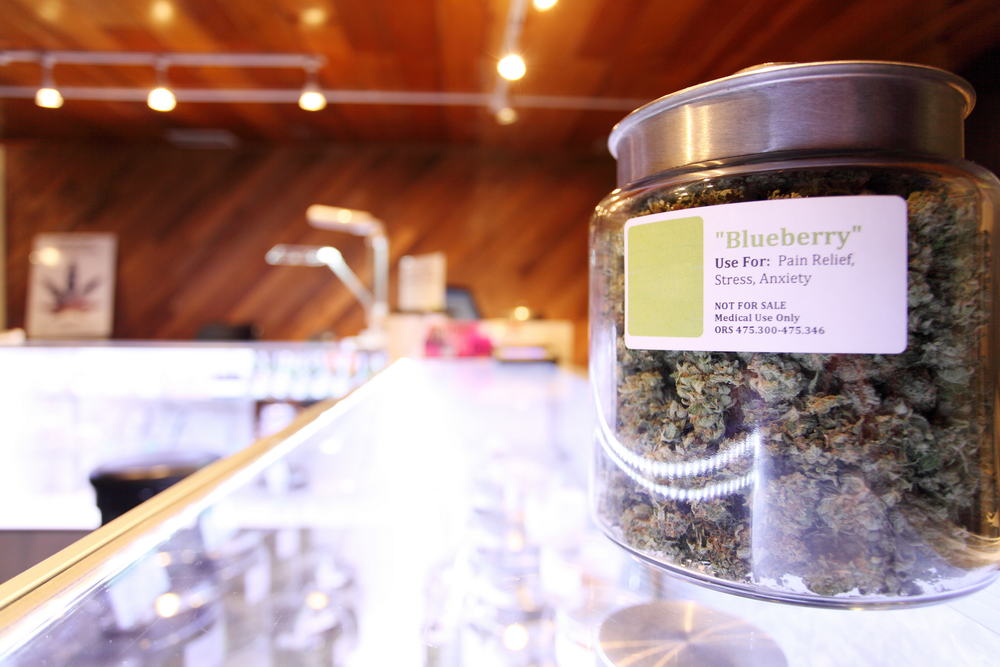There is a little-known practice within the medical cannabis industry known as ‘lab shopping’. It is a practice of sending either plant material or already processed biomass to the testing lab most likely to give you the highest THC volume measurement. The question is this: how pervasive is it? If it is as pervasive as some people say, it would be hard to trust product labels.
Imagine being a medical cannabis patient in Salt Lake City, UT. On every visit to the Beehive Farmacy, you work with pharmacy staff to ensure you are getting products with the amount of THC your pharmacist and medical provider have recommended. How do you know you can trust product labels? How can you be sure of what you are getting?
High THC Equals More Money
To the extent that lab shopping is a real problem, understanding the motivations behind it would also give us a hint as to its pervasiveness. Lab shopping is all about finding a lab that will rate your THC level as high as possible. The more THC in your biomass or processed material, the more expensive your end products will be. In simple English, a higher THC volume equals more money in your pocket.
Beehive Farmacy says that THC volume is directly associated with a product’s perceived potency. Maximum potency is preferred. Therefore, make products with a higher level of THC and you can charge top dollar for them. This suggests a pretty serious motivation for lab shopping.
Unfortunately, there are probably labs willing to inflate THC volumes in order to increase their own revenues. If a lab is well known for putting out higher numbers, the chances of them being able to attract new business goes up. They earn more money by being a bit more liberal with their test results.
A Lawsuit Filed in Arkansas
Apparently, a lawsuit filed recently in Arkansas alleges this very thing. A chronic pain patient in the state has filed suit against a testing lab and a number of medical cannabis cultivars. The lawsuit states that the cultivars colluded with the testing lab to artificially inflate THC volumes so that the cultivars could charge more. In exchange, the testing lab got more business.
According to the suit, the numbers from the accused testing lab were as much as 25% than separate numbers produced by a selection of third-party labs. These third-party labs looked at 36 samples of products previously tested by the accused lab. All the results produced by the third-party labs were within 10% of one another.
On the one hand, things do not look good for the lab mentioned in the lawsuit. But there is a silver lining for them. If the third-party labs used by the plaintiff and his attorneys were unable to come up with consistent numbers, the defendants can simply claim that no accurate way of testing exists. Variation is variation, whether it is 10% or 25%.
A Potentially Big Problem
Should the Arkansas lawsuit successfully demonstrate that lab shopping is a common practice, we then have to ask how common the practice is. It could be a potentially huge problem if even a small percentage of licensed cultivars are working with labs willing to inflate THC volumes. It is a problem that could potentially impact medical cannabis users suffering with everything from chronic pain to cancer.
The chances of lab shopping being a legitimate problem are pretty high. Here’s hoping the problem isn’t as pervasive as it could be. Here’s hoping it affects only a minimum number of medical cannabis patients.

